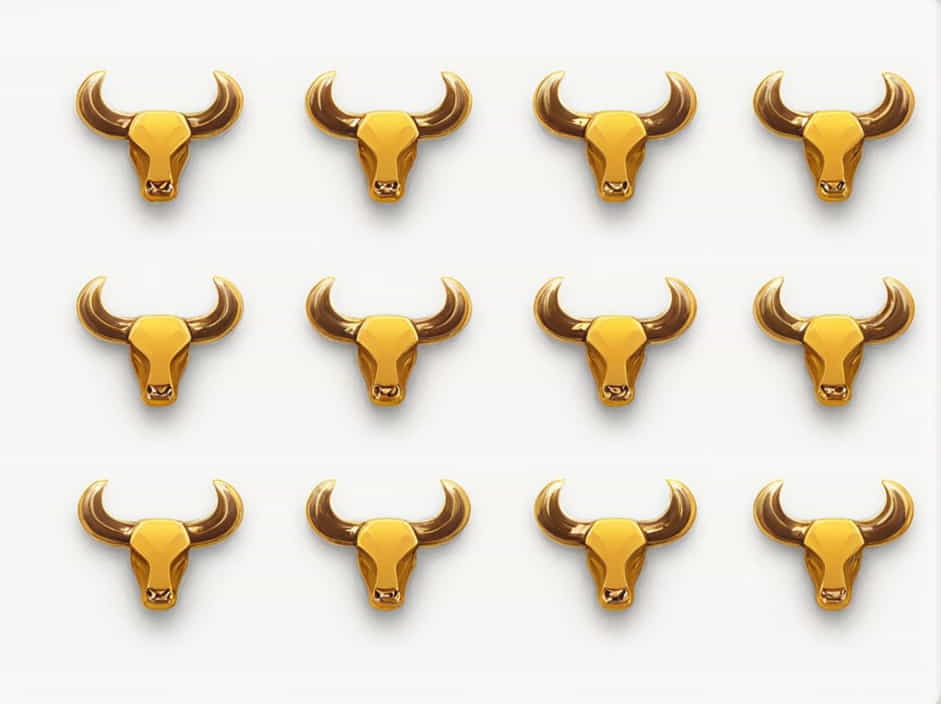Ankole-Watusi is a unique breed of cattle known for its enormous, curved horns. Originating from Africa, these cows are more than just visually striking; they serve multiple purposes in different parts of the world. From traditional ceremonies to modern farming, Ankole-Watusi cattle play a significant role in human society.
In this topic, we will explore the various uses of Ankole-Watusi, including their roles in agriculture, dairy production, cultural significance, and even tourism.
1. Ankole-Watusi as a Source of Meat
One of the primary uses of Ankole-Watusi cattle is meat production. Although they are not as commonly raised for beef as other breeds, their meat is lean and high in protein. In some African regions, especially in Uganda and Rwanda, Ankole-Watusi beef is considered a delicacy.
These cattle are highly resistant to harsh environments, making them valuable for meat production in areas where other breeds might struggle to survive. Their ability to thrive in drought conditions means they require less intensive feeding compared to commercial beef cattle.
2. Milk Production and Dairy Uses
While Ankole-Watusi cows are not the top choice for large-scale dairy farming, they do produce milk that is rich in fat and nutrients. Traditionally, their milk has been an essential part of the diet for many African communities. Some farmers crossbreed Ankole-Watusi with high-yield dairy cows to improve milk production while maintaining the breed’s resilience to harsh climates.
3. Cultural and Traditional Importance
Ankole-Watusi cattle hold deep cultural significance, especially among East African communities. They are often used in:
- Ceremonies and Rituals: Many African tribes use Ankole-Watusi in dowry payments, weddings, and religious ceremonies. Owning these cattle is a sign of wealth and prestige.
- Symbol of Status: In Uganda and Rwanda, wealthy families and tribal leaders keep large herds as a display of social status.
- Currency for Trade: Historically, these cattle have been used as a form of currency for bartering and trade.
Their cultural value extends beyond Africa. Today, some farmers in the United States and Europe raise Ankole-Watusi as exotic livestock.
4. Ankole-Watusi in Tourism and Conservation
Because of their stunning appearance, Ankole-Watusi cattle attract visitors to wildlife reserves and private ranches. Many conservation parks in Africa and abroad breed these cattle to preserve their genetic heritage and educate people about their importance.
Tourists enjoy seeing these majestic animals up close, and some safari experiences include Ankole-Watusi encounters. Their presence in zoos and animal parks also raises awareness about African livestock breeds and their role in local economies.
5. Crossbreeding for Hybrid Cattle
Farmers and researchers are interested in crossbreeding Ankole-Watusi with other breeds to enhance certain traits. The goal of these hybrid cattle programs is to create livestock that:
- Has higher meat or milk production
- Maintains disease resistance
- Can survive in extreme climates
One popular crossbreed is the Ankole-Holstein mix, which combines the resilience of Ankole-Watusi with the high milk yield of Holstein cows.
6. Low-Maintenance Farming and Hardiness
Ankole-Watusi cattle are highly adaptable and require minimal resources to thrive. Some of their advantages include:
- Resistance to diseases: Their strong immune systems make them less susceptible to infections.
- Drought tolerance: They can survive on limited water and poor-quality forage.
- Efficient grazing: They make the most of available vegetation, even in dry areas.
Because of these traits, Ankole-Watusi cattle are an excellent choice for sustainable and low-maintenance farming in regions with challenging environmental conditions.
Ankole-Watusi cattle are more than just eye-catching animals with enormous horns. They serve multiple purposes, from providing meat and milk to playing essential roles in African culture and global tourism. Their resilience makes them valuable for sustainable farming, and their beauty ensures they remain a symbol of heritage and prestige.
Whether in Africa, the United States, or beyond, the Ankole-Watusi continues to be a remarkable breed with a wide range of uses.
